Dhaka, Aug 01 (V7N) – After weeks of dialogue, the National Consensus Commission and leaders of various political parties have reached agreement on 19 major reform issues, according to Professor Dr. Ali Riaz, Vice-Chairman of the Commission. He shared this information with reporters following the conclusion of the final day of discussions on Thursday.
“These 19 issues reflect a broad political understanding and include critical areas such as Article 70 of the Constitution, parliamentary standing committee chairmanship, constituency delimitation, presidential pardon powers, judicial decentralization, declaration of a state of emergency, appointment of the Chief Justice, constitutional amendments, and restrictions on the Prime Minister holding multiple positions,” Dr. Riaz stated.
Other agreed-upon topics include reforms related to the Election Commission, Public Service Commission, Anti-Corruption Commission, Auditor General and Comptroller appointment procedures, the introduction of an Ombudsman, Prime Minister’s tenure, enhanced representation of women in Parliament, and the formation of a bicameral legislature—especially the structure and electoral process of the upper house.
Key electoral reforms were also discussed, such as the process of presidential elections, the role of the electoral college, presidential powers and responsibilities, the caretaker government system, and the expansion of fundamental rights and governance principles.
Notes of Dissent
Despite general consensus, Dr. Riaz acknowledged that some political parties, including the BNP, submitted notes of dissent on specific issues. “BNP raised concerns about Article 70, particularly regarding the money bill and vote of confidence, and proposed involving the High Court in the decentralization of the judiciary and the Supreme Court,” he said.
BNP and other parties also objected to the provision allowing the Prime Minister to hold multiple portfolios. On institutional appointments—such as for the Public Service Commission, Anti-Corruption Commission, Auditor General, and Ombudsman—BNP, the Nationalist Like-Minded Alliance, 12-Party Alliance, NDM, and Aam Janata Dal suggested that necessary reforms be carried out through amendments to existing laws rather than constitutional changes.
Women's Representation Remains Divisive
The issue that generated the highest number of dissenting opinions was the proposal to increase women’s representation in Parliament to 100 seats. While most parties supported this move, they were divided on the method—some advocated for direct elections, others favored proportional representation. The Bangladesh Samajwadi Party opposed the proposal entirely.
Next Steps
Dr. Riaz emphasized that all discussions were held in a cordial environment, and despite differences, the goal of national consensus remained the focus. “We had set July 31 as the deadline for discussions, and we have completed that successfully. We will now prepare the final version of the National Charter within the next few days and share it with all participating political parties,” he confirmed.
END/RH/AJ



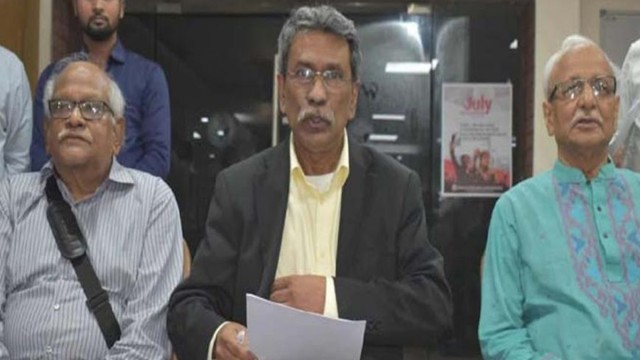

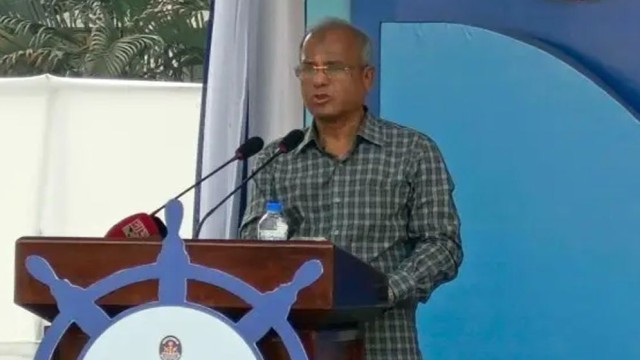
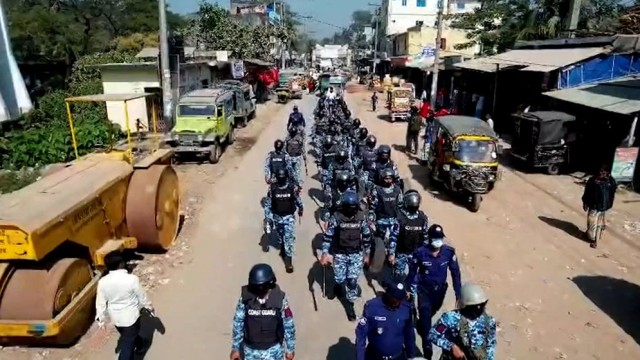

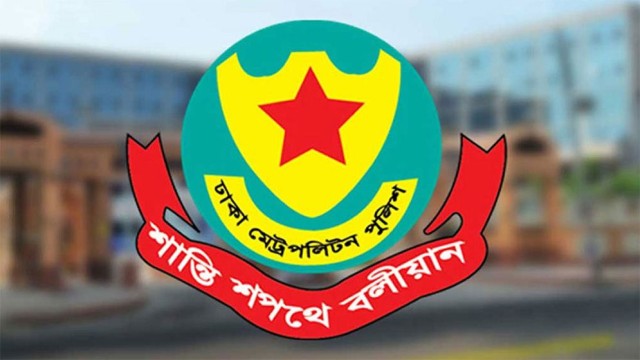
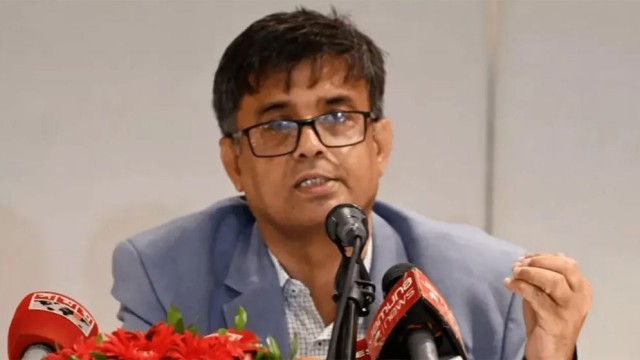
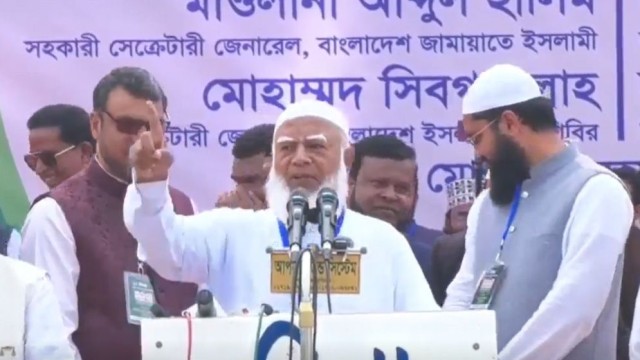


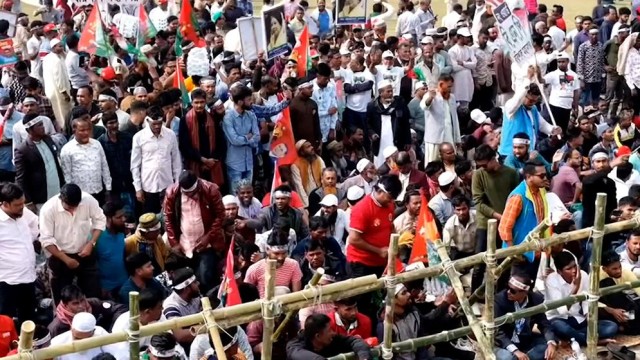
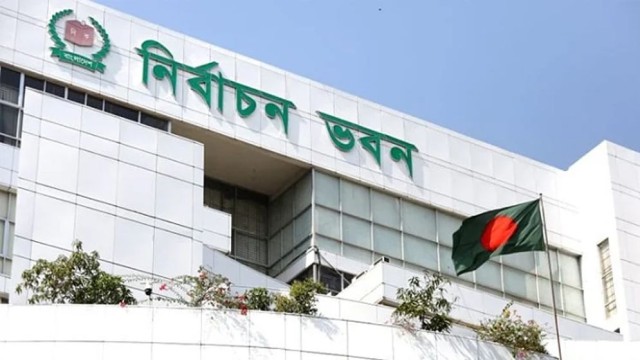
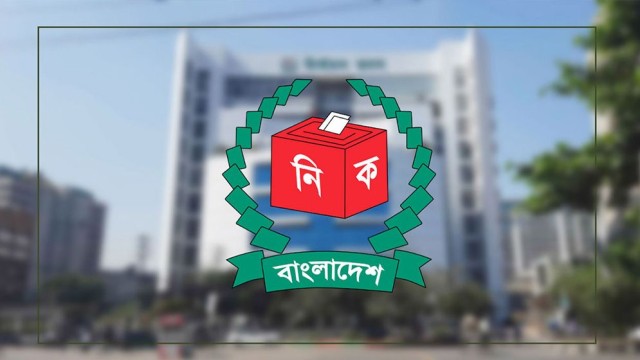


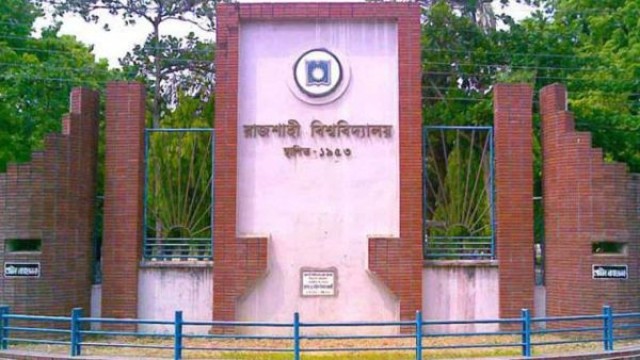
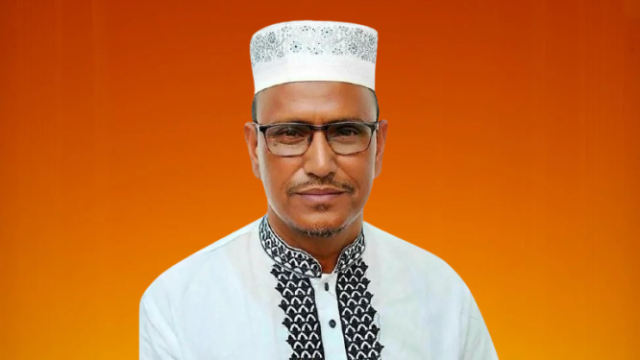











Comment: